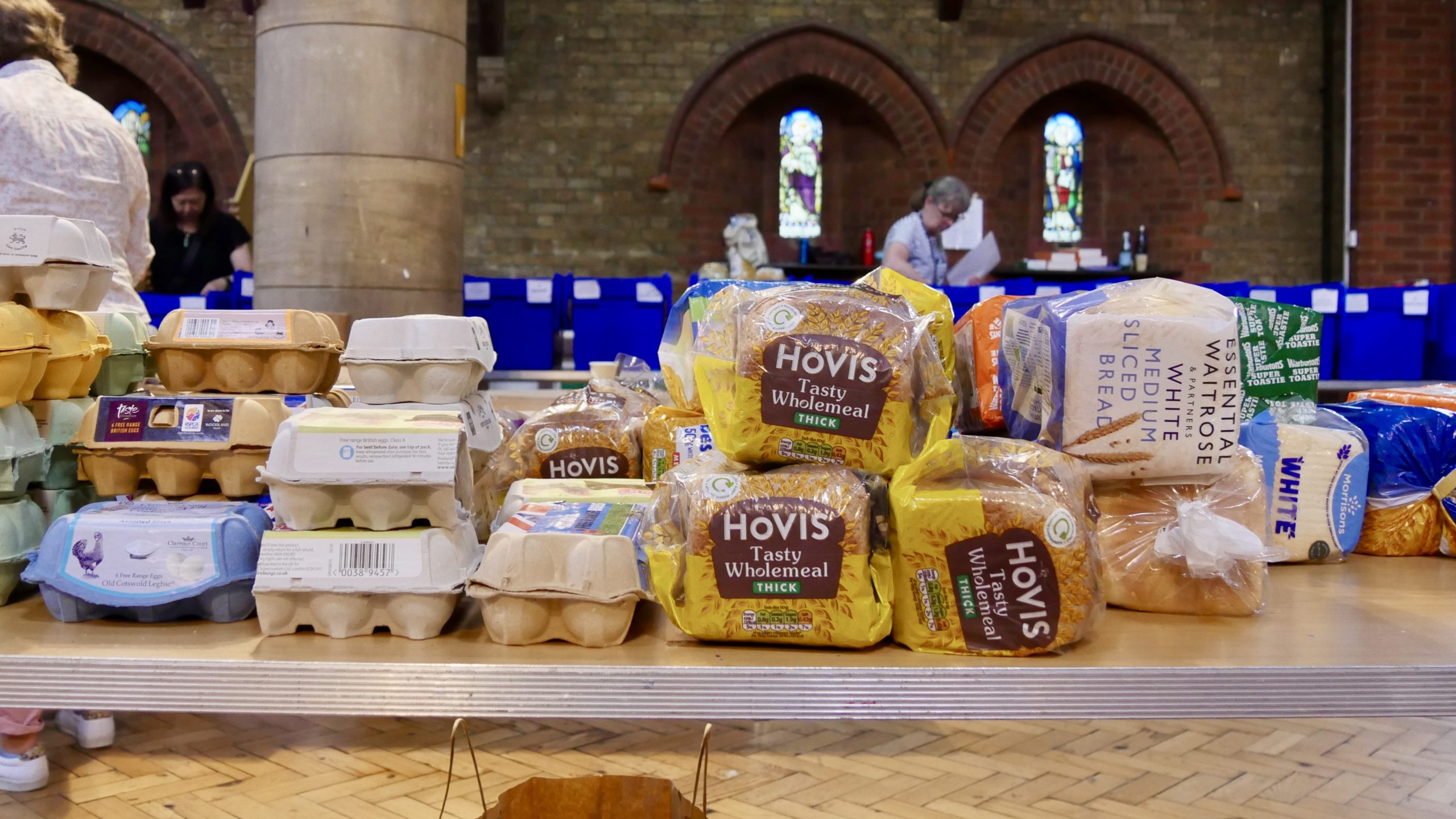When I heard about plans for this week’s National Food Bank Day, happening just as our country’s poverty crisis reaches new depths, my immediate thought was one of despair. Food bank teams have worked tirelessly to support growing numbers of people faced with hunger in their communities, but their greatest wish is for their help not to be needed. And despite the best efforts of countless campaigners to ensure raising income is the first response to food poverty, the normalisation of food banks in the UK feels closer than ever.
But is it? Can we be hopeful that, as poverty-induced catastrophe unfolds in our midst, some much needed long-term changes to our social security system and work practices will finally come?
National Food Bank Day was initiated by “the world’s first food bank” based in Phoenix, Arizona. Reaching its 55th anniversary of “filling hungry stomachs”, and supporting 150,000 families in August of this year, it’s clear that the St Mary’s Food Bank’s mission “to end hunger in Arizona” is not imminent in its completion. Nor is ending hunger in the rest of the USA. Feeding America, the food bank and food pantry network set up in the late 1970s, currently supports one in seven Americans.
The scale of the hunger industry in the USA, or what’s been dubbed the “hunger industrial complex”, puts the millions of food parcels distributed each year in the UK into perspective. Nevertheless, our society’s descent into food poverty acquiescence over the last 12 years is plain to see.
Times have been changing, however. The Independent Food Aid Network (IFAN), alongside the Trussell Trust and many other anti-poverty charities, has been calling for years for cash first or income-based solutions to reduce food insecurity. Ensuring that social security payments, wages and job security correlate with the cost of living are top of the list.
The government has taken a bold step in this direction before, of course. At the start of the pandemic, it introduced a clear, cash-first measure to help people, increasing universal credit by £20 a week. The removal of that money, as of October 2021, has been devastating to millions of households, particularly as the cost of living crisis escalates.









